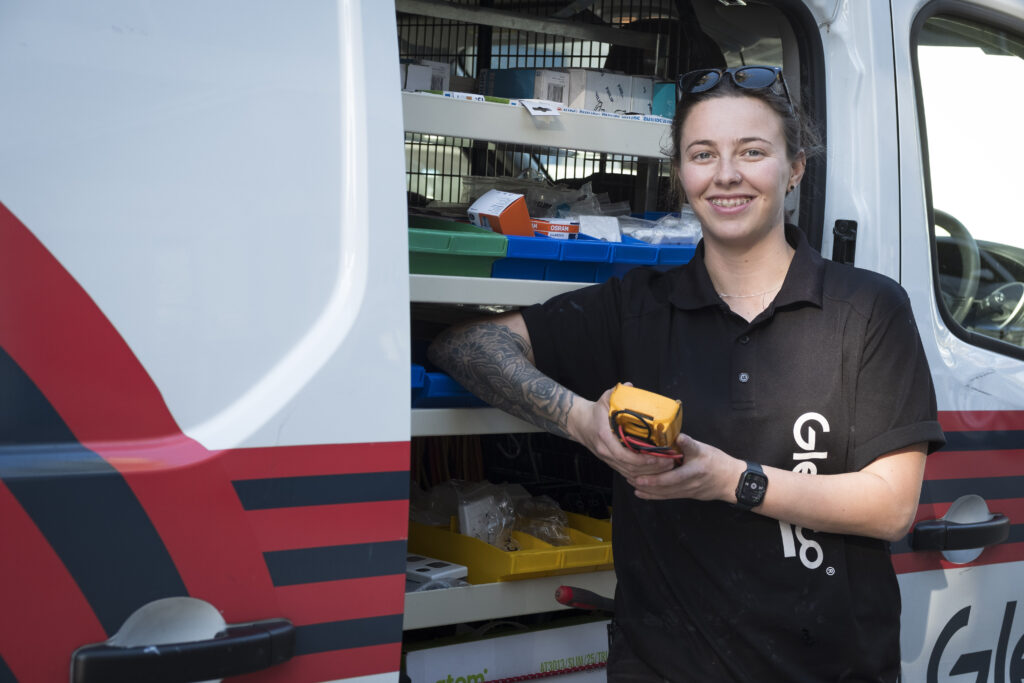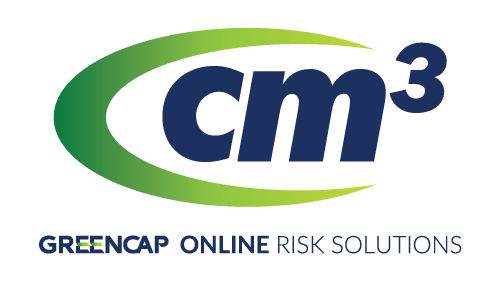Fire hazards exist everywhere. And if you think they only exist in areas with blatant threats, then think again. They can be hidden from your sight or from your knowledge. And they can start a fire anywhere and anytime, even inside your home.
However, it’s not all doom and gloom. As a conscientious property owner, it’s your responsibility (with the help of an expert) to ensure your home is safe from these dangers.
Here are 8 of the most common menaces that should not be left unchecked:
• Hidden Defective Wires
What you cannot see could cause a problem. Unchecked poor wiring is a common trigger for house fires. On top of that, do-it-yourself electrical fixes can also increase the chances of defective circuits. Unless fully trained, it’s best to leave the repairs to an expert local electrician. That way, you’ll be assured of safety at all times.
• Old Aluminium Wires
In some countries, old aluminium wiring has been banned because of its dangerous tendency. There are two reasons why these are a hazard: one, because of improper installation, and two, because of varying coefficient expansion. Wires used in the 60s and 70s are prone to the latter and are the most dangerous to have. It’s a good idea to do a thorough overhaul and safety check for wirings especially when buying old property.
• Light bulbs
Light bulbs are so common we rarely think about them. They are harmless by themselves but once placed near flammable materials, they could potentially cause issues. Items such as drapes, plastics, or even beds should be placed away from them. CFLs can also burn out easily when improperly manufactured plus they are harmful to the environment. We’ve spoken about the dangers of mercury inside energy saving bulbs before.
• Electrical outlets close to water
Proper planning is crucial when installing wirings and outlets. An outlet too close to a water source can cause electric shocks and potential circuit problems. Water conducts electricity and can be dangerous. This can be prevented, however, by ensuring certified electrical contractors check or install the wiring and outlets themselves.
• Pouring water over electrical fires
When fire erupts, our first impulse is to grab water and snuff it out. But pouring water on electrical fires will only feed the flame, not to mention can cause electrocution.
• Use of extension cords
An often overlooked cause, extension cords are a common risk found in homes. They overheat and malfunction when overloaded. When outdated, it’s best to chuck them out and replace them with a more efficient one. Also, check their capacity to ensure they match your appliance and never run them under carpets. Better yet, get a qualified electrical contractor to install an additional power point where needed.
• Arc faults
These are unnoticeable to the eye but they are a serious problem. Arc faults occur when a current goes off path because of a damaged coating or exposed wire. It is pretty simple to cause arc faults. Moving furniture around and accidentally scraping a cord, or damaging them when hanging wall mounts or furniture are just two possibilities.
• Use of counterfeit products
Using counterfeit electrical products is dangerous. It’s tempting to buy them since these are sold for a cheaper price. However, using them places you in danger of fires and other problems. Some of these are made using inferior materials, like speaker wire that literally melts in your hands. Recently a woman sadly died from using a faulty, cheap phone charger.
Don’t wait until a fire breaks out inside your home or property. It’s a good idea to always prevent these from happening and to be vigilant for any signs of possible electrical problems.
Check your wiring regularly and contact a professional electrician right away if you see something suspicious. If you’re in Sydney, you can get the help of an emergency electrician here at Glenco. This could help prevent dangerous fires from happening in your home.






